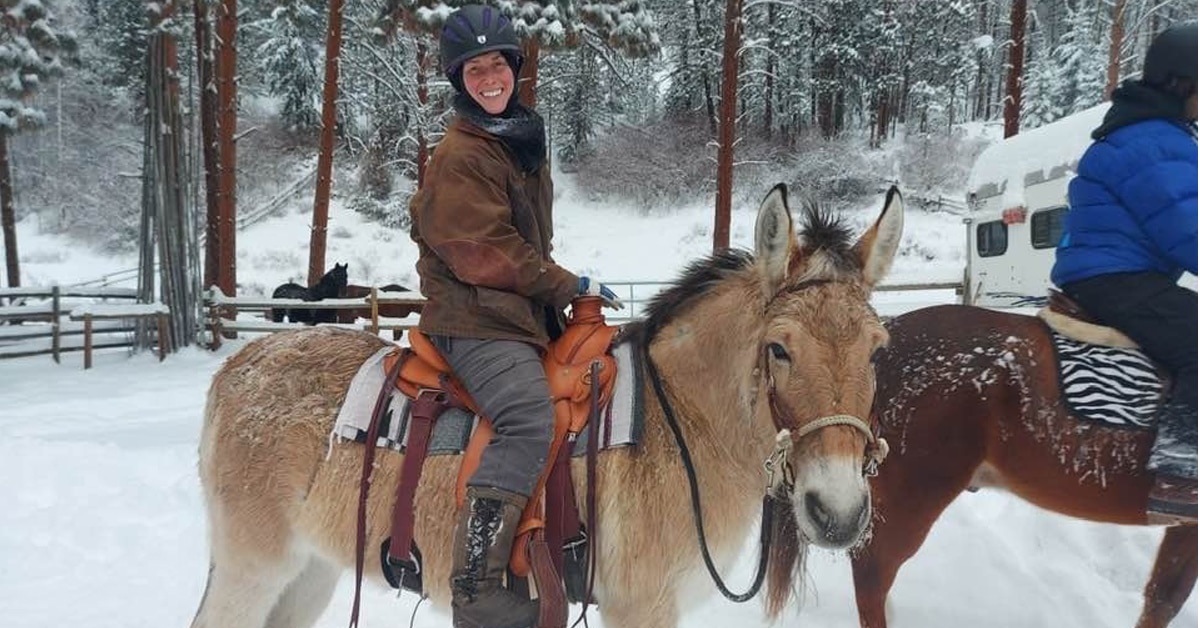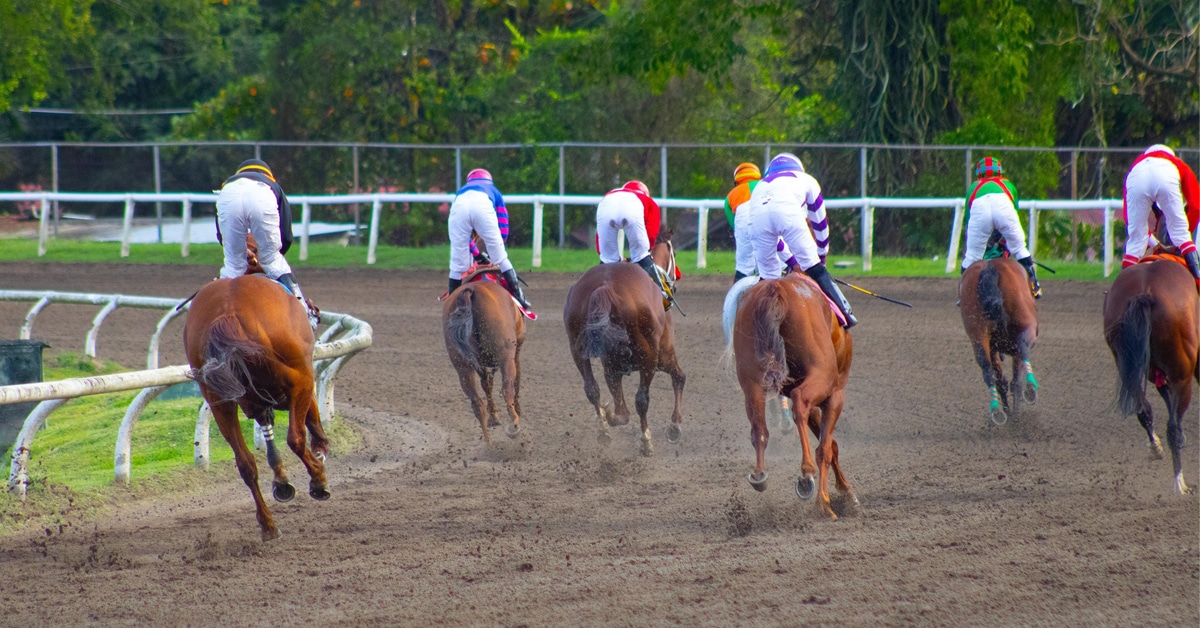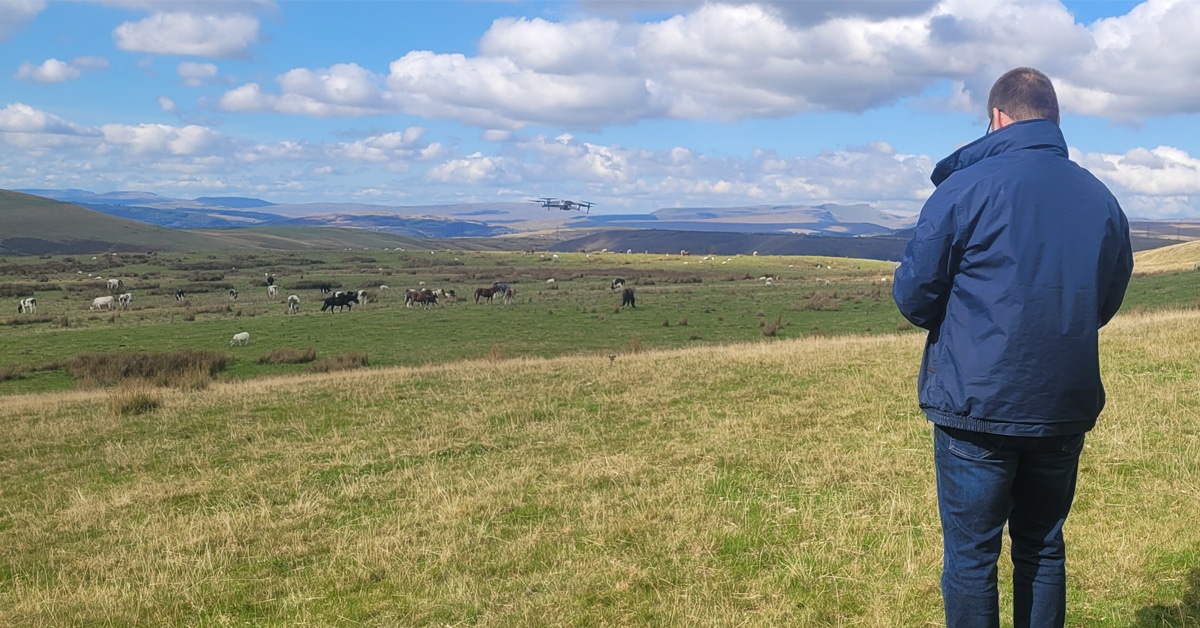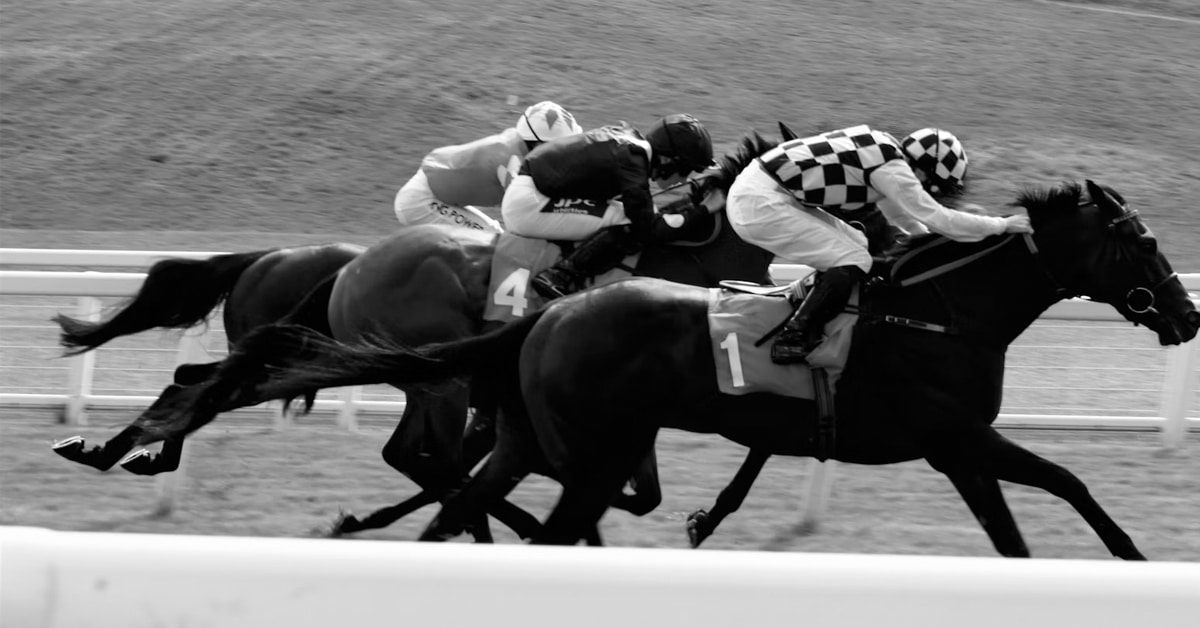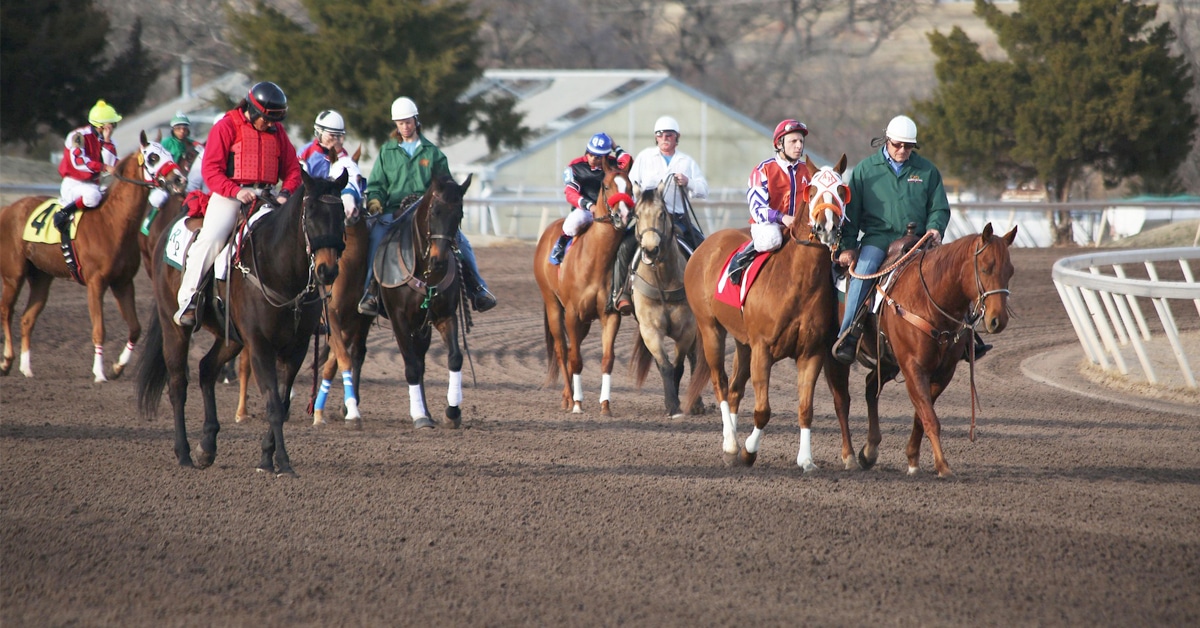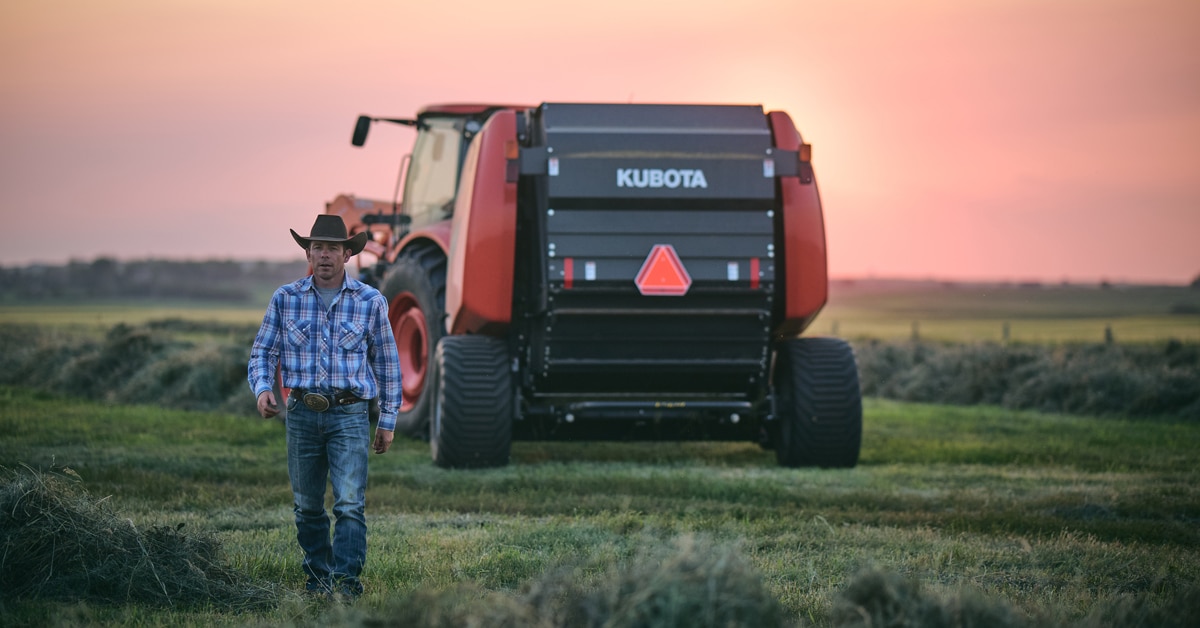Andrew Hoy, whose contemporaries include such now-retired luminaries as David O’Connor and Ian Stark, is more partial to looking ahead than looking back. The former farmer finished 15th at his first Olympics in 1984. Thirty-five years on, he’s aiming for a record eighth Games with Vassily de Lassos, a French-bred and produced Anglo-Arab who is as quick in the mind as he is across country.
The highlight of Andrew Hoy’s 2018 season was finishing fourth at the World Equestrian Games with the 10-year-old. Completing on their dressage score, only 2.5 penalties kept them off the individual podium, but more importantly, their effort helped Australia qualify for the 2020 Olympic Games.
Looking forward, Andrew’s focus is on getting there, too.
You’ve had such wonderful horses over the years, yet you call Vassily a ‘once in a lifetime’ horse. Why?
I have had some absolutely phenomenal horses right through my career. What makes Vassily possibly the best horse I have ever sat on is his result sheet at this point in his career. Since he started his international career in 2015, he’s had one rail down in show jumping at FEI level and he has a total of 3.2 time penalties cross-country. It is an extraordinary performance for any horse, but he is very, very young. His dressage is a work in progress, but I believe I will be able to produce a very good and very consistent test with him in time.
What have you been working on this winter?
Throughout the year – and especially in the winter months – it’s about spending time with individual horses, looking at previous performances, looking at what I need to improve with that horse and where we need to go. I focus on details. It all comes back to creating the foundation, the base, as broad as I can. All I want is for a horse to work forward in a manner its ability allows and not go beyond that. With the jumping it’s not about the height, it’s about setting up correct muscle memory so that you can use that in competition. You can only ever perform as you train.
What’s your workload like?
Five to six is a comfortable number of horses for me to train and think about in a day. I give clinics occasionally, but I’m not into a quick fix. I prefer working with riders over a longer term. I don’t have a great number of people coming for lessons, so if I am working with someone I prefer that person to spend time with me and understand how I actually work. I have to understand them, too, their personality and their horse’s personality. My time is also spent working with the Spanish eventing squad as their technical advisor. I go to Spain for training and to support individual team members at competitions. I find that really interesting.
How many generations of your family have been horse lovers, and how did you get your start?
My great-granddad was very involved in the equine industry and trained the 1919 Melbourne Cup winner, Artillery Man. When my mum was growing up she spent 12 years at boarding school, so she was away from horses much of the time. She competed when she was at home at three shows a year – one she would ride to, as it was only seven miles away. My dad grew up in the city and was an engineer.
I grew up on a farm. I always enjoyed riding, but it was never really about reaching goals, just about improving. I did lots of other forms of riding like camp drafting and rodeo riding [Andrew was junior Australian champion camp drafter]. I started going to one-day events and jumping at local agricultural shows with my first horse, Davey.
Why eventing?
The appeal with eventing for me was that you could do it all with one horse and an eventing competition lasted longer than a two-minute jumping round. I felt I got more value for the money with eventing! Also, for jumping you needed a team of horses. I didn’t have time to work a team of horses, because when I left school I was studying at agricultural college and working on the land.
I only went to the World Championships in 1978 by accident; others above me got injured or the horses weren’t quite right. I got called two weeks before the team left for Kentucky. Dad spoke to the secretary general of the National Federation and told him we’d think about it!! I believe to this day my dad is the only person ever to tell a selector that they would “think about” an offer to go to the World Championships.
Can you identify a turning point in your career?
Every day is a turning point – sometimes forwards, sometimes backwards! For me, to get Davey back to Australia from Kentucky he had to go through the UK for quarantine. A friend of mine called Mike Tucker and asked him if I could work for him while Davey was quarantined. Mike said he was full-up but would try and find somewhere for me. He spoke with Mark Phillips and Princess Anne and they had room. I helped out at the stables and on the farm and got to ride some horses. A six-week visit turned into two years. I won Burghley in 1979 and competed in the alternative Olympics in Fontainebleau in 1980!
I suppose the [big] turning point for me came following the team’s success at the 1992 Olympics in Barcelona. I gave up farming in Australia and took up the sport full-time. I applied for a visa to stay in the UK for an indefinite period and moved back to Gloucestershire in 1996. Princess Anne was my landlady for 14 years.
Were sacrifices made along the way?
I don’t believe I have made any sacrifices in my life, because they were decisions. I looked at all the advantages and disadvantages and then made a decision. Do I miss my family and friends in Australia? Absolutely, but they are only as far away as the telephone or I can write an email. I think our life is our own choice. Maybe I sacrificed making a million pounds a year to ride horses instead of carrying on farming!
Tell us something about yourself that that would surprise people.
As part of a ‘team building exercise’ in the run-up to the 2012 Olympics I did a Freddie Mercury impersonation on stage. I was so good nobody realised that it was me until they looked around the room and worked out who on the team wasn’t there.
If you could relive a time of your life, when would that be?
That’s a really difficult one, because I’m always trying to look forward. But looking back, we always enjoy success and if I could repeat one Olympics that would be Sydney. A team gold medal and an individual silver (if I could have done things differently it would have been gold) with Darien Powers and Swizzle Inn. On cross-country Darien Powers just skipped over everything like it was a Pony Club fence, no matter what the height, the width, or the difficulty. Swizzle Inn was not the bravest of horses and I had to ride like an Olympic champion to go clear, but when I got off I remember saying ‘if you want to know how to ride cross-country, watch the video of that ride!’ There was only one fence I did not have a perfect distance to.
I thought for sure you would have chosen the period in 2006 when you won Lexington and Badminton and finished second at Burghley.
That was also an unbelievably special year. I remember the week before Lexington, I was in so much pain with shingles. Master Monarch’s owner didn’t even come to Kentucky because he thought we had no chance. We were sixth going into the show jumping round and the leader needed to have three down for me to win. I didn’t even watch any rounds following mine, thinking whatever will be, will be. Then to go to Badminton the following week and win on Moonfleet was just extraordinary.
But that’s not the reason I chose Sydney as a time to have over again. The Olympics are on a totally different level. If I walk down a street and I have a trophy from Burghley in my hands and an Olympic gold medal around my neck, people will ask to hold the gold medal and they will say ‘you must have been absolutely fantastic on the day – what sport do you play?’ They may not know your sport, but they know the significance of the event.
What drives you?
I just love competing at the pointy end of the sport. To be competing at this level there has to be harmony. For me, the absolute joy comes with working in complete harmony with your horse.
How do you view yourself?
I’m realistic – or try to be. I describe myself as a kid that grew up on a farm in a little country town who just worked very hard at doing what he enjoys doing.
If life hadn’t taken you where it has, is there another profession that would have enticed you?
Motor racing. My father was involved in the sport in his younger life and I have always been very passionate about it and fascinated particularly with the technical and mechanical side of Touring and MotoGP.
Where is your favourite place in the world?
Being at home with my family. I’ve been so fortunate over the years to go to the most beautiful places, but unless you are with those you really want to share it with, it’s just material. For me, love for the family is beyond anything else. The joy of having our daughter Philippa – I never realised how special that is.
Where would you most like to go that you haven’t been?
Tokyo is on the list! I’ve been to Japan, but not to Tokyo. I love the cleanliness and efficiency of the Japanese. The sport has afforded me international travel for over 40 years and I’ve been to many different places, experienced many different cultures, and the one thing that I’ve learned is to appreciate each place for its own beauty and try not to make comparisons.
When and where did you last go on vacation?
My wife Stefanie and I went skiing in Switzerland; I think it was 2014.
Do you have a fitness regimen?
Since having Philippa, I have dropped off on any physical exercise outside of riding purely because of time restraints, but I am in the process of reinstating a personal trainer.
What’s your guilty pleasure?
Baileys in coffee … but not before 10 a.m.
If a genie were to give you three wishes, what would you wish for?
Health, wealth, and happiness!
If you were having a dinner party and could choose four guests, living or dead, who would you invite and why?
Nelson Mandela, John F. Kennedy, Michael Schumacher, and Serena Williams – they all have, or had, extraordinary lives and experiences. I watched the documentary about Serena’s life recently and she makes the point that pressure is a privilege. If we don’t have pressure, we are not trying to achieve. You can’t run away from it; you must take it on board and embrace it.
Money or medals, what’s more important to you?
I’m going to have to say medals. I’ve been in the sport for so long and it’s not about making money, it’s about working with horses. That’s where I’ve found success in my performances, so it’s more about performance than financial gain.
Do you have a burning ambition?
To compete at Tokyo and win the 60 million euro lottery so I can buy my own property!
If you had a life lesson to share with us, what would it be?
Two things my father taught me: be nice to people on the way up, because you will meet them on the way down; and if you want to be successful, make sure you place good people around you.
The Latest

